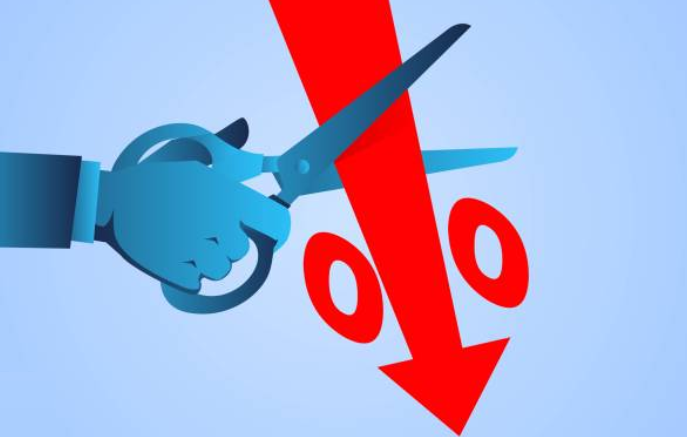Holly Black: Welcome to Morningstar. I'm Holly Black. With me is Dan Kemp from Morningstar Investment Management. Hello.
Dan Kemp: Hello, Holly.
Black: So, Dan, in the investment world, there's a lot of chatter about inflation at the moment. It's sort of hard to get your head round that this could be an issue when we think about where interest rates and inflation rates are. So, why do people get worried about the prospect of inflation?
Kemp: Well, yes, Holly, you're absolutely right that inflation has been a sort of sleeping threat for many, many years. Coming from an environment of very high inflation in the 60s and 70s, we really then saw the death of inflation over the last 30 years. But you're right, people starting to become worried about inflation. And the reason to worry about inflation is that really it's an erosion in the purchasing power of your money. So, if you have money that's saved, then if you have high inflation then the value of what you can purchase with that money is steadily declining. So, that's a big risk for savers. It's a big risk for investors. And it's particularly come to light over the last year or so.
Black: So, if I have £100 in the bank and inflation is 2%, then next year my £100 hasn't gone anywhere, but it's only got the buying power of £98. That's very simple. Is inflation something to be worried about at the moment though?
Kemp: Well, people are becoming much more worried about inflation at the moment and the reason for that is really twofold. The first is that we've had these very low interest rates over the course of the pandemic, and when you tend to have low interest rates, that increases the risk of inflation. But at the same time, we've had an incredible amount of government spending, not just in the U.K. but around the world as governments have sought to combat the impact of the pandemic. And as that government spending continues, people are becoming concerned that the influx of government spending, the spending that might be unleashed as people are able to go back to the shops and about to rest on some things alongside those low interest rates, will lead to a much higher inflation, which of course, as you said, is bad news for investors. And so, that's why this is coming to the fore at the moment.
But there's many things to think about with inflation. The first is that typically measures of inflation are backward-looking. So, the inflation numbers we have now are what happened in the past. And of course, the past may be very different from the future. But second, inflation is very difficult to measure. So, although we have some idea of what inflation is, and as you say, it simply means that the value of your money is declining, actually seeking a cause of that and measuring it effectively is really challenging, and that leads to some of the concerns that we're seeing among investors and market participants at the moment.
Black: Because it depends on where you're spending your money. We know that inflation is different through the generations, for example, or if you're spending your money on petrol, you're likely to be hit pretty hard. How can I build some protection against inflation into my investment portfolio?
Kemp: Well, the first thing to think about is that if people are already worried about inflation, it's likely to be in the price of most assets already. And so, we've seen that particularly in the change in the price of inflation-linked government bonds over the last year. So, these are bonds where your return is not just linked to the underlying interest rate that's paid by the government but also to the rate of inflation. They are very popular amongst people who are looking to protect their portfolios from inflation. And we've seen the implied inflation rates in those bonds rise quite strongly over the last year since they reached the depths, the nadir at the peak of the pandemic about a year ago. And so, at the moment, what seems to be discounted is around a 2% inflation rate into the long term, which is roughly where governments are targeting. So, certainly, there's some expectation of inflation built in, but not the very high inflation which could cause real damage to people's savings.
But when you're looking at how to address that, remember that it goes beyond just having assets that might do well in an inflationary scenario. It's about having a balance in your portfolio because you might have a higher than expected inflation, but equally, inflation has to be perpetuated year-on-year for it to build. And so, you might just have a one-off increase in prices that then disappears and so, actually, we get to much lower inflation rates further out. So, don't focus your portfolio on any one particular outcome. Make sure that you have a spread of assets some of which will do well in a higher inflationary scenario and some of which will do better if we have lower inflation going forward.
Black: Dan, thank you so much for your time. For Morningstar, I'm Holly Black.





















